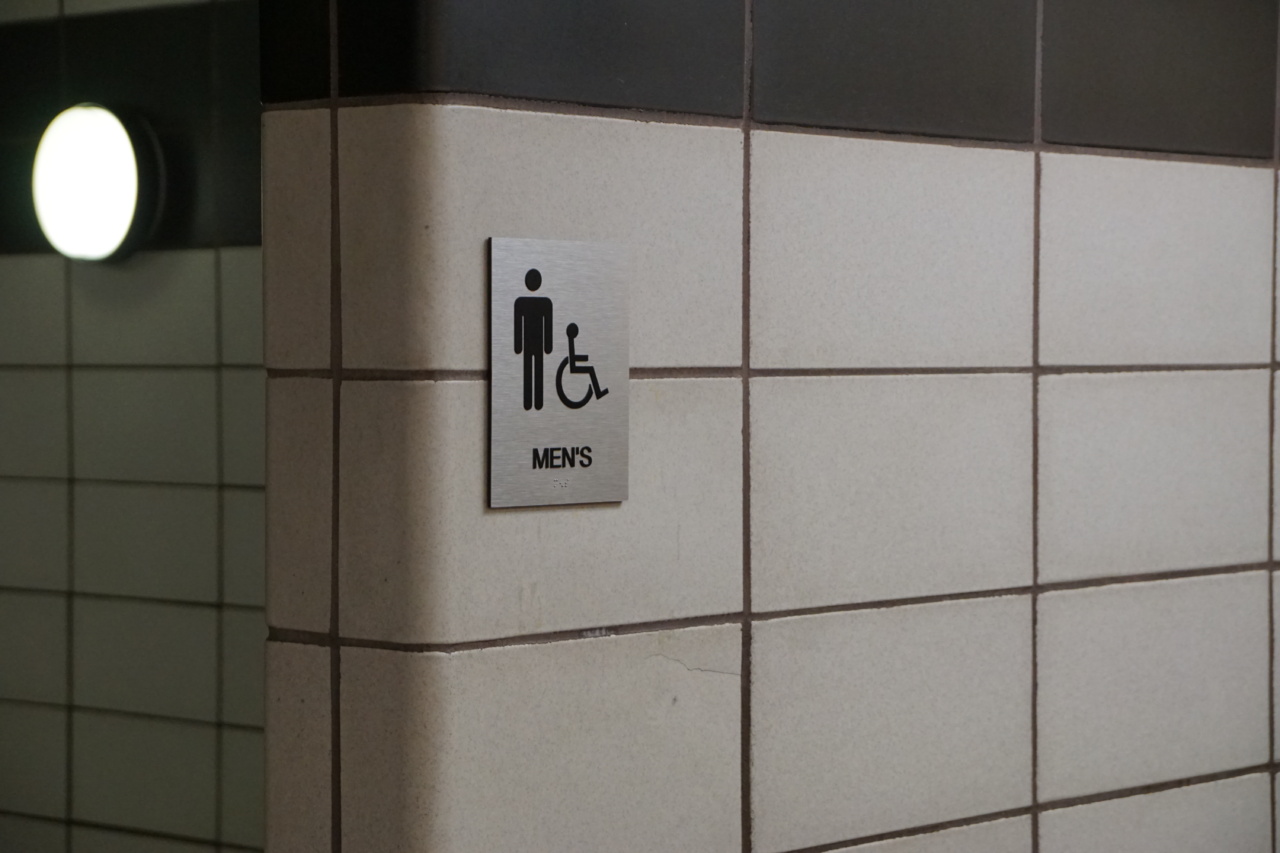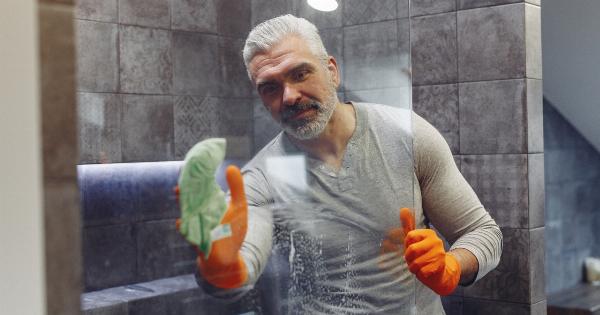Men’s beards have long been a symbol of masculinity and style. From the crisp, well-groomed beards of movie stars to the rugged, bushy beards of lumberjacks, facial hair has always made a statement.
However, a recent study suggests that beneath the surface of those majestic beards lies a dirty truth – they may be dirtier than a public restroom.
The Study
In a study conducted by a team of researchers at the University of Arizona, swab samples were collected from the beards of a group of volunteers and tested for bacteria.
The findings were shocking – the bacteria found in many of the beards were similar to those found in the dirtiest areas of public restrooms, and in some cases, even surpassed them.
Bacteria in Beards
Our skin is home to a variety of bacteria, and when we touch our faces or other objects, these bacteria can easily transfer.
However, the warm and humid environment of a beard provides an ideal breeding ground for bacteria, making it a potential haven for pathogens.
Comparison to Public Restrooms
Public restrooms have long been considered hotspots for bacterial contamination. The combination of high footfall, limited cleanliness, and varied personal hygiene practices often make these spaces a breeding ground for bacteria.
Surprisingly, the study found that some beards harbored more bacteria than the surfaces of public restrooms.
Contributing Factors
Several factors contribute to the high bacterial load found in beards. Firstly, beards can trap dirt, food particles, and other debris, providing ample nourishment for bacteria to thrive.
Additionally, men often touch their beards throughout the day, introducing bacteria from their hands into their facial hair. Finally, inadequate beard hygiene practices, such as infrequent washing or failure to use beard-specific products, can further exacerbate bacterial growth.
Health Concerns
The high bacterial load in beards raises legitimate health concerns. While not all bacteria are harmful, some can cause infections and skin irritations.
Pathogens like Staphylococcus aureus, which is commonly found in beards, can lead to conditions such as folliculitis, a painful inflammation of the hair follicles. Moreover, contaminated beards can transfer bacteria to others, potentially spreading infections.
Proper Beard Care
It’s essential for men with beards to practice proper hygiene to minimize bacterial growth. Here are some tips:.
1. Regular Washing
Washing your beard regularly with a mild cleanser or beard-specific shampoo can help eliminate dirt and bacteria.
2. Proper Drying
Avoid leaving your beard wet, as moisture creates an ideal environment for bacteria to multiply. Gently pat it dry after washing.
3. Beard Oils and Balms
Using beard oils and balms not only helps in grooming but also creates an unfavorable environment for bacteria. These products contain antimicrobial properties that can reduce bacterial growth.
4. Hands Off!
Avoid touching your beard throughout the day, especially with unclean hands. This will minimize the transfer of bacteria from your hands to your facial hair.
5. Regular Trimming
Trimming your beard helps keep it neat, prevents tangles, and reduces the accumulation of dirt and bacteria.
Conclusion
While men’s beards have long been associated with style and individuality, it’s crucial to recognize the potential health risks they may pose.
Regular and proper beard care, including washing, drying, and using appropriate grooming products, can help mitigate the bacterial load and keep both the wearer and those around them safe. Awareness of these potential risks should not discourage beard enthusiasts but rather encourage responsible beard maintenance for a healthier facial hair experience.































